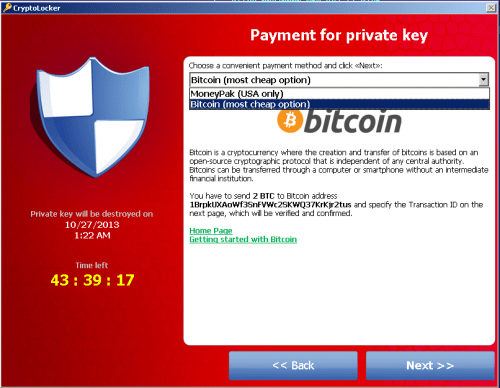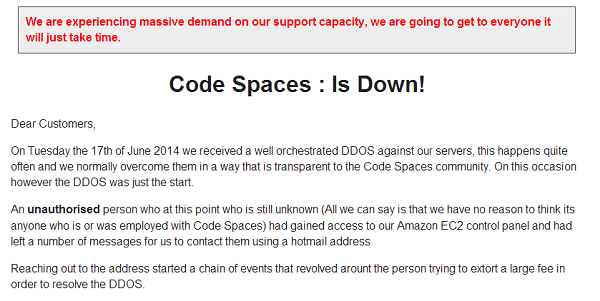There is one trend that has remained consistent across the internet over the last twenty years; attacks have become more sophisticated, more common, and more malicious every year. In 2013, the Cryptolocker virus became one of the first tools used by criminal organizations to extort money from victims on a mass scale. When the malware infected a machine, document files were encrypted with a unique public key, the private key was maintained on remote servers leaving victims with no way to decrypt their data without paying the ransom. Organized cybercrime is a massive industry of its own, and has its own struggles of saturation, technical advancement, and economic problems like any other industry. As more career criminals enter the industry, criminal hackers must try harder to make the most profit from every attack. What we’re seeing now are criminals looking to monetize on breaches by extorting their victims.
Record Profits
To date, Cryptolocker has compromised almost a quarter million computers and has fetched over $27,000,000 in ransom payouts. Not only does this allow criminals to reinvest substantial funds into newer and more advanced attacks, it set a precedent for other “would be” criminals who may be looking to profit.

Code Spaces
In June 2014 Code Spaces was notified by an unknown attacker that they had gained access to their Amazon EC2 admin tools. Along with the communication came a demand for a large sum of money. When Code Spaces did not deliver the payment, all data backups, virtual servers, and live virtual machines were wiped by the attacker. Code Spaces was forced to close their doors and cease all business operation.

Domino’s Pizza
Also in June 2014 was a compromise of Domino’s systems in France and Belgium. The group Rex Mundi claimed responsibility and threatened to publish stolen data of Domino’s customers unless a ransom of $40,000 was paid. Domino’s announced they had no intention of paying a ransom, and at the time of this writing there is no public resolution available.

Looking Forward
We often hear IT staff dismiss potential threats because their data would not be useful to an attacker, people often say “Why would an attacker be after this information?”. Extortion is becoming a more popular way to monetize on data regardless of the direct usefulness to the attacker. Chances are, if the data is valuable to you, it is now inherently valuable to the attacker also.

